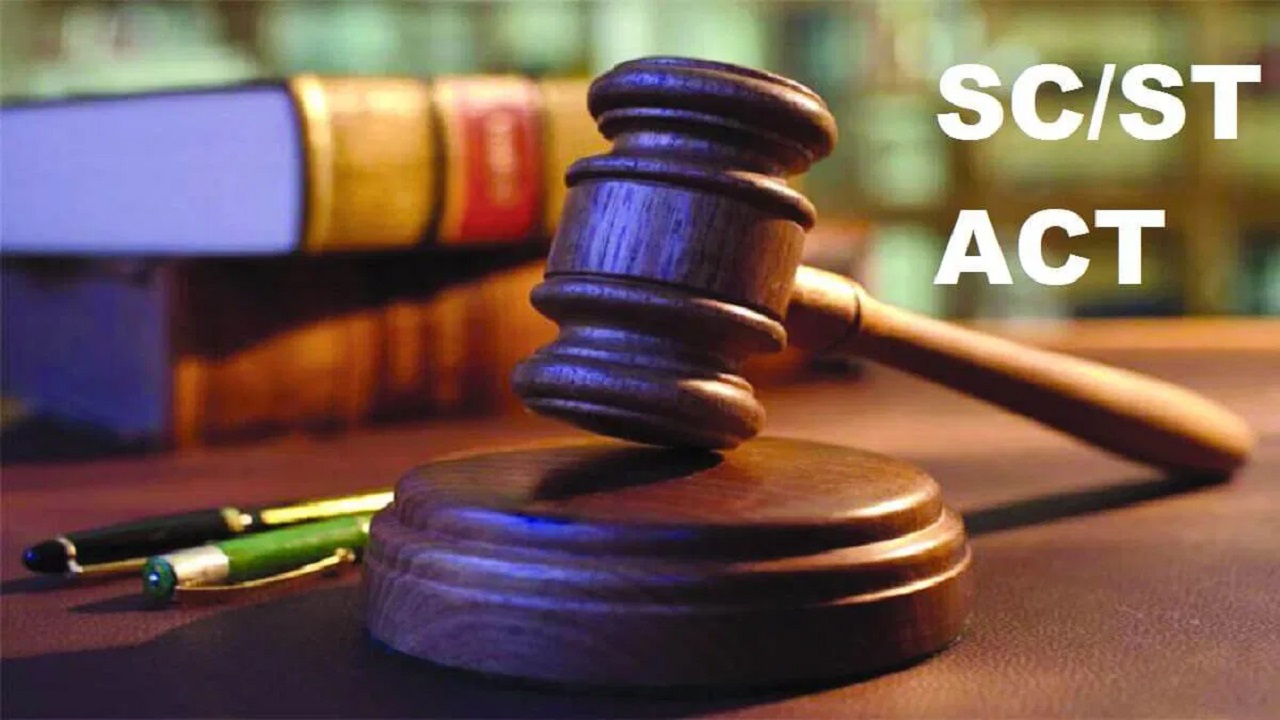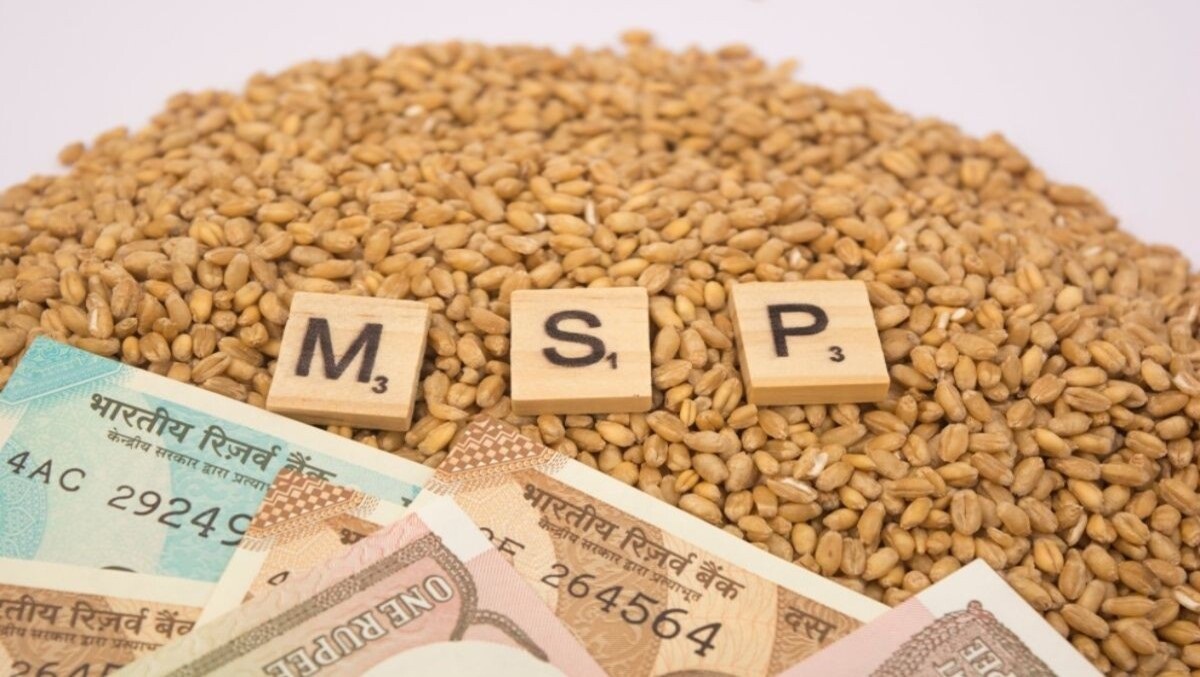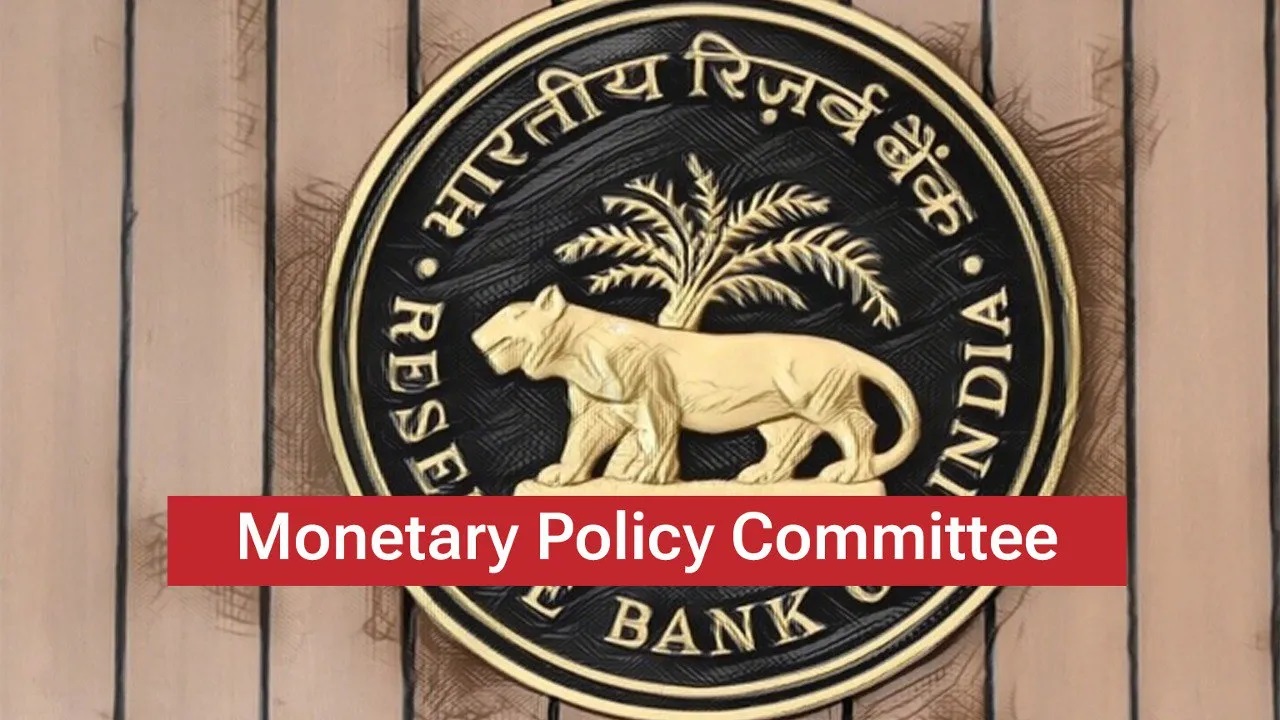Empowering the Marginalised: Provisions and Progress under the SC/ST Act
Context:
Recently, the Madras High Court held that police authorities cannot conduct a preliminary inquiry on receiving complaints that disclose cognisable offences under the SC/ST (Prevention of Atrocities) Act, 1989. The court clarified that the police must immediately register FIRs against the accused under this Act, reinforcing the objective of swift justice for SC/ST communities.
Introduction:
The Scheduled Castes and Scheduled Tribes (Prevention of Atrocities) Act, 1989, was enacted to protect the dignity, rights, and lives of Scheduled Castes (SCs) and Scheduled Tribes (STs) from acts of discrimination, violence, and exclusion. It serves as a legislative safeguard to prevent atrocities and ensure justice.
Key Provisions of the Act:
Objectives and Scope
-
Enacted to prevent atrocities against SCs and STs by persons who are not members of these communities.
-
Aims to ensure social equality and protection from violence, discrimination, and humiliation.
Punishable Offences
-
Covers 37 specific offences including denial of access to resources, forced labor, social boycotts, and physical and sexual violence.
-
The Act does not apply to offences committed between SCs and STs.
Investigation Process
-
All offences under the Act are cognisable.
-
Only an officer of rank not below Deputy Superintendent of Police (DSP) can investigate cases under this Act.
-
Investigations must be completed within 30 days, and the report should be sent to the Director General of Police.
Special Courts and Prosecution
-
Mandates the establishment of exclusive Special Courts in each district for speedy trials of offences under this Act.
-
Courts are to function on a day-to-day basis.
-
A Special Public Prosecutor with a minimum of 7 years’ experience is appointed for these courts.
Punishment
-
Minimum punishment in most offences is 6 months, which can extend up to 5 years with a fine.
-
In severe cases, punishment may extend to life imprisonment or death penalty.
-
Section 4 provides for penal action against public servants (not from SC/ST communities) who neglect their duties, with punishment up to 6 months.
Relief and Support Measures
-
Under the Rules of 1995, the District Magistrate or Sub-Divisional Magistrate must ensure immediate relief to victims.
-
Relief may include cash/kind support, food, shelter, clothing, medical care, and transport.
Amendments
-
The Act was amended in 2015 to expand the list of offences and enhance protections.
-
These amendments came into force on 26 January 2016.
Conclusion:
The SC/ST (Prevention of Atrocities) Act, 1989, stands as a crucial legal instrument for ensuring social justice and equality in India. The recent judicial reaffirmation by the Madras High Court strengthens the Act’s objective of immediate protection and access to justice for vulnerable communities, underscoring the need for strict implementation by law enforcement agencies.




Comments (0)